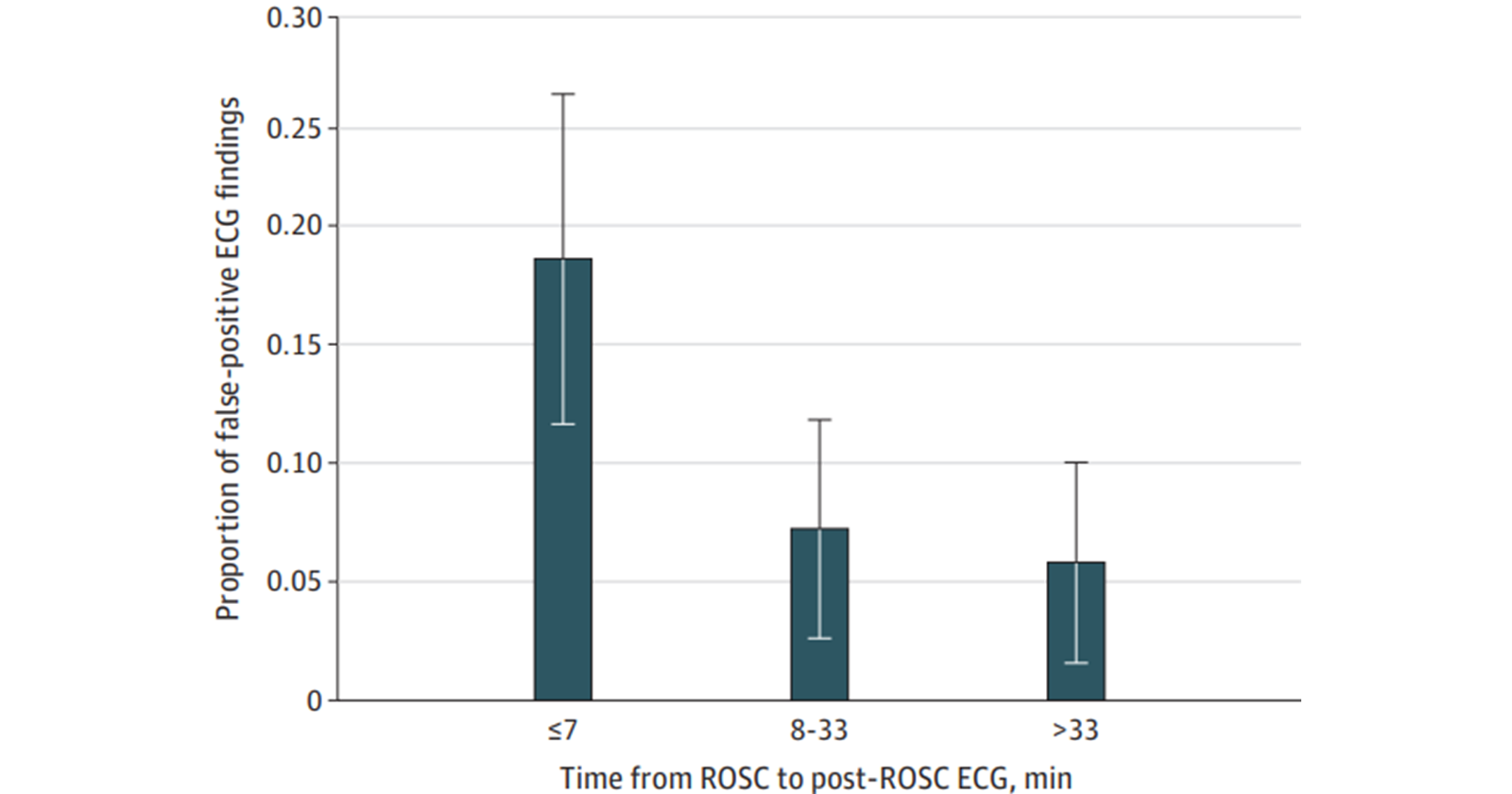- Joined
- Jan 30, 2013
- Messages
- 1,846
- Reaction score
- 2,273
AIVR is a reperfusion arrhythmia. Most medical codes seem to have wonky wide complex rhythms with weird ST-T immediately post-arrest. I generally just chalk this up as reperfusion from global hypoperfusion and watershed injury.Counter-counter point regarding point 1: (I know you would have activated this case, so this debate is purely academic) Reperfusion arrhythmia implies there is evidence of reperfusion or at least an absence of active ischemia, which I see no evidence of. To imply reperfusion means there is a lack of ST elevations along w/ AIVR (which I am not 100% convinced of given some irregularity in the rhythm) and/or evidence of classic reperfusion T-waves (biphasic or inverted T-waves) along w/ a lack of ST elevation. If you are implying this ECG represents partial reperfusion, then you must also accept that ST elevations are still present which means there is still active transmural ischemia and is a clear indication for cath lab activation. Also, don't rely on reciprocal changes in anterior MIs, you will get burned.
If you have a patient presenting even with a decent history for ACS (not talking SOB or weakness, although I would probably activate even in those cases with this ECG), you need to activate this ECG. ST elevations with terminal QRS distortion in V2 and V3 is essentially pathognomonic for STEMI. When this is present, don't bother repeating ECGs, just activate. We as lowly ER doctors should not be burdening ourselves with the liability of caring for someone with this ECG alone. It's okay to be wrong every once and a while. Our job isn't to have a hit rate of 100% on cath lab activations. That shouldn't excuse being over aggressive with activation with cases that are clearly not ACS, or post arrest cases w/o STEMI, but we shouldn't be afraid to be wrong.
Had a similar ECG the other night in a 40 year old drug overdose that I didn't activate that ended up having a K of 7.7 and pH < 6.7. We spend a lot of time studying EKG patterns, but it's still only one part of the picture.
But yes, I probably would've activated this case. Ultimately, I might have repeated another ECG or two and considered a quick US to look for wall motion abnormalities in order to convince my consultant.


